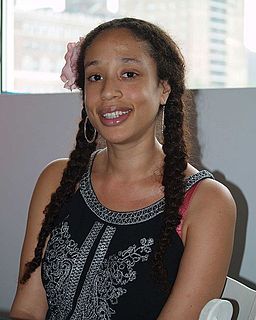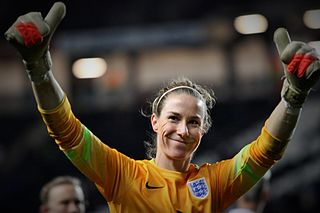A Quote by bell hooks
One difference with the political writings, whether about feminism or class, is that the intent is to change how people think of a certain political reality; whereas with cultural criticism, the goal is to illuminate something that is already there.
Related Quotes
When you say what is the difference between me and my stage name the idea is that as a musician you always think of yourself as inhabiting a certain cultural space in the kind of a cultural landscape, so when I say cultural space what I mean to imply there is that you exist within certain parameters of how people think of culture.
There are people with an explicit political bent complaining about people having political agendas while nominating stories with political agendas. Is it political to try to be diverse? Is it political to try to imagine a non-heteronormative society? Yes, because it involves politics. But how do they expect us to not write about our lives?
I have always had a deep belief that every movie, every artistic expression, is political. Don't be fooled. Even ones that we wouldn't consider overtly political are political. When we spend time doing anything, whether it's distraction or whether it's something that we have to face, it is always political. That's my belief.
To me, there's a huge difference between criticism and reviewing. I really love reading good criticism of television and film. To me, a critic is someone who analyzes a show, describes it, talks about the people in it, puts it in historical context of other shows like it, compares it and stuff, and then talks about the intent of the show and whether it failed or didn't.
I am interested in the political economy of institutional power relationships in transition. The question is one of "reconstructive" communities as a cultural, as well as a political, fact: how geographic communities are structured to move in the direction of the next vision, along with the question of how a larger system - given the power and cultural relationships - can move toward managing the connections between the developing communities. There are many, many hard questions here - including, obviously, ones related to ecological sustainability and climate change.
For me, what is political is very personal. Politics are not this abstract idea. Laws are the rules that dictate how we live our lives. What we eat is political. How we dress is political. Where we live is political. All of these things are influenced by political decision-making, and it's important to be part of the process.




































